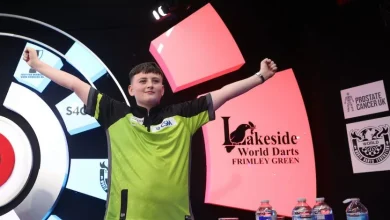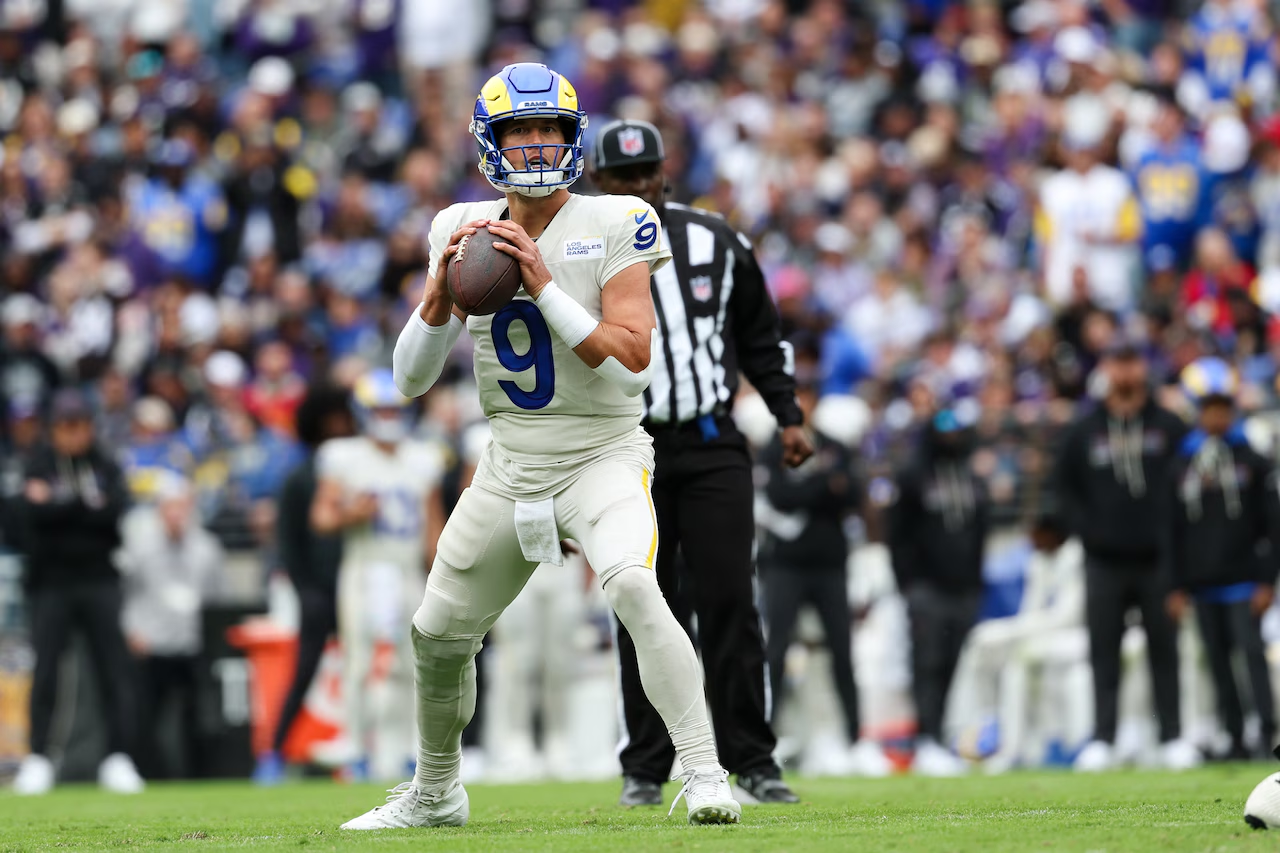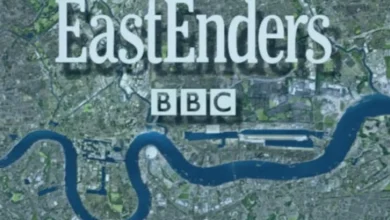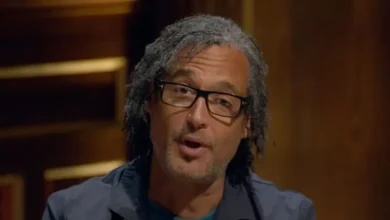Juventus have a smart new coach in Luciano Spalletti – now the club needs to get its act together – The Athletic
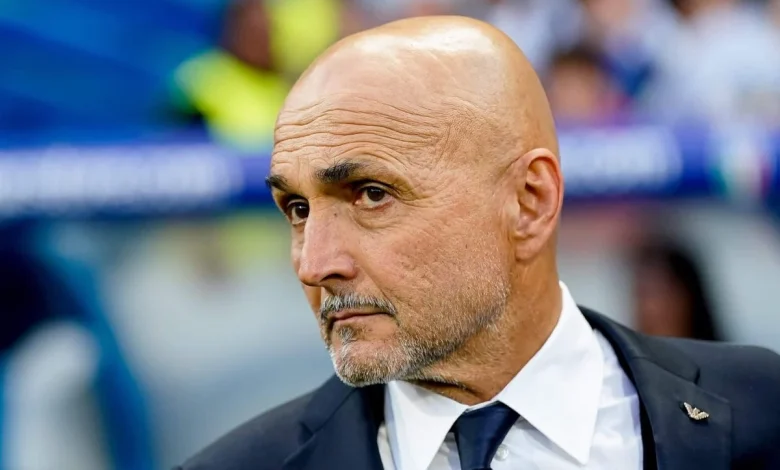
After starting the season with back-to-back wins, Juventus’ former coach Igor Tudor opened the club’s training ground doors to Serie A’s main broadcaster, DAZN. He sat down and reminisced about the good old days with his former team-mate turned pundit, Ciro Ferrara.
On a tour of the office, the Croat picked up a book on his desk. It was a copy of Luciano Spalletti’s autobiography, Heaven Exists… But How Much Effort It Takes to Get There. The title isn’t much catchier in Italian. But he enjoyed the contents.
It feels like a long time ago now. Tudor was on cloud nine. A few days after Ferrara’s visit, Juventus beat Inter 4-3 in a spectacular Derby d’Italia. They then played out a thrilling 4-4 draw with Borussia Dortmund in the Champions League. The goals from Vasilije Adzic and Kenan Yildiz, in particular, looked too good to be true. They were worldies only the gods of football can create every seven days. Out-performing expected goals is not for mere mortals, no matter how talented, and Juventus fell away. Winless in the eight games since, Tudor got the sack on Monday morning. If heaven exists, hell must do too.
The end came despite technical director Francois Modesto’s assurance before the Lazio game that “Igor is our coach. We have full confidence in his work and we’re happy with him”. Spalletti’s face appeared in Tudor’s office on Thursday. This time, it was no longer staring out from a book cover. Four months after announcing his own dismissal from the Italy job in the build-up to his final game in charge, Spalletti is back.
Igor Tudor had started the season well but became Juventus’ earliest sacking in 55 years (Daniele Badolato/Juventus FC via Getty Images)
The book Spalletti wrote came out before the 3-0 defeat against Norway that led the Italian Football Federation to intervene. He was supposed to still be in the job, preparing for a World Cup. That he isn’t still hurts. “I want to close this wound,” Spalletti said on Monday. The Juventus job is, in the words of Walter Sabatini, Spalletti’s friend and former sporting director at Roma, “pure morphine”. Prior to Wednesday’s 3-1 win over Udinese under caretaker Massimo Brambilla, Juventus were on their worst run since the 1960s — which is also when they last threatened to go five games without scoring — and the autumnal ousting of Tudor was the earliest firing at the club since Luis Carniglia got the chop 55 years ago.
The fans, despite whistling at full time of his last home game, a 0-0 with Milan, did not hold him exclusively to blame. “Tudor one of us,” read the caption on a banner left outside the Allianz. “The fish rots from the head.” Juventus’ leadership has come in for a lot of stick in the last few weeks. Ever since Andrea Agnelli’s resignation as chairman in the winter of 2022, the spirit of the club has grown so faint as to be imperceptible.
In fairness to his cousin John Elkann, who delegated the day-to-day running of Juventus to executives from the family’s other businesses, those executives had to focus on the various investigations into the club’s financial affairs by regulators, prosecutors, and UEFA. It was, initially, up to Massimiliano Allegri — a holdover from the Agnelli era on a long and expensive contract — to take care of the football amid the kind of scrutiny and stress Juventus last experienced in the aftermath of Calciopoli, when the club was relegated to Serie B in 2006.
Elkann, to give him his due, seemed to make the right moves to open a new era. At least, that’s how it looked on paper. Cristiano Giuntoli was appointed to run recruitment, having assembled the Napoli team Spalletti guided to their first league title in 33 years. Giuntoli, people forget, had been considered best-in-class in his role and, to put his stamp on Juventus, acrimoniously got rid of Allegri to bring in the rising star of Italian coaching, Thiago Motta, who had stunned everyone by qualifying Bologna for the Champions League.
Kenan Yildiz, 20, captained Juventus against Real Madrid (Jose Breton/Pics Action/NurPhoto via Getty Images)
At the time, few questioned Elkann’s judgement. Giuntoli and Motta were theoretically a dream team. They represented the future. For all the intangibles about Motta’s past at Inter and question marks over the compatibility of a playing style that felt counter-cultural at a club like Juventus, it was a total and unexpected disaster. Motta was sacked in March after losing 4-0 against Atalanta and 3-0 against Fiorentina.
Giuntoli did not get the grace afforded to Giuseppe Marotta and Fabio Paratici in 2011. They kept their jobs despite finishing seventh in their first season. Agnelli then handpicked Antonio Conte to coach the team and the triumvirate at the top of the club went on to establish the longest dynasty in the history of Italian football. Giuntoli, by contrast, was gone after a year, unabsolved for the premature sales of Dean Huijsen and Matias Soule, the curious trade of Samuel Iling-Junior and Enzo Barrenechea to Aston Villa, and the expensive flops of Douglas Luiz and Nicolas Gonzalez (now on loan at Nottingham Forest and Atletico Madrid).
To make matters worse, last month, UEFA opened proceedings against Juventus over a potential breach of its ‘football earnings rule’. Giuntoli did not get to work with Spalletti at Juventus, even though they seemed destined to come back together at some stage. “I trusted (him) blindly,” Spalletti wrote in his book in relation to the two years they spent at Napoli. One of his sons, Federico, has already been working at Juventus for a year as a scout. He was brought to the club by Giuntoli and, unexpectedly, outlasted him.
Talks to bring Spalletti senior to Turin were instead led by Damien Comolli, the general manager. Comolli is overseeing a change in how football operations are run at Juventus. It has a certain un-Italian feel to it, which has, in turn, contributed to the sense of Juventus losing their identity. Modesto is a fellow Frenchman, one who worked for relegated Monza — leading some to quip about nomen omen and how modest Juventus have become by their high standards.
Candidates for the sporting director role do not inspire confidence if you look at where two of them, Marco Ottolini and Johannes Spors, work. Genoa are bottom of Serie A, Southampton are 20th of 24 teams in England’s Championship. Far more is demanded of a coach when the structure above him remains so embryonic.
Parallels with the period between 2006 and 2010 continue to be drawn. At the time, Juventus could still call on Gianluigi Buffon, Pavel Nedved, Alessandro Del Piero, and David Trezeguet on the pitch. Giorgio Chiellini and Claudio Marchisio were beginning to establish themselves in the first team. But it wasn’t until Juventus got the leadership and executive team right at the top of the club that they started winning things again.
Juventus are a long way from the era in which they had players such as Alessandro Del Piero and Pavel Nedved (Giusepe Cacace/AFP via Getty Images)
Making Spalletti’s job harder is the fact that Juventus no longer have that calibre of player either. When they could not appeal to top international talent, something that only changed with Carlos Tevez’s arrival in 2013, they could at least fall back on that core of Italian all-time greats. Now the best Italian players are either at Inter or, worryingly, out of reach financially.
Gianluigi Donnarumma was available in the summer but no Italian club could compete with Manchester City on salary. Bringing Sandro Tonali and Riccardo Calafiori back from the Premier League would cost too much money. Young players from other clubs, such as Michael Kayode (Fiorentina to Brentford) and Giovanni Leoni (Parma to Liverpool), are going to England even earlier — in part because Spalletti encouraged his players to do so while at the helm of the national team.
A new leadership group needs to form, one that understands the club. Chiellini, who is now director of football strategy but not a candidate for the board at next week’s annual general meeting, defended Manuel Locatelli at the Bernabeu last week. “Manuel is the captain of this team — on and off the pitch, whether he plays or not.”
Locatelli has never truly convinced and, tellingly, was overlooked time and time again by Spalletti when he was Italy coach. Another leader, Gleison Bremer, Juventus’ best lockdown defender, is injured again after missing most of last season with an anterior cruciate ligament tear. Yildiz was given the captain’s armband against Real Madrid. On the one hand, it was a reward and a real show of faith in the 20-year-old’s ability and progress. On the other hand, it felt too soon and exposed the leadership deficit on the team.
Spalletti will have to fill it on his own until others emerge at his encouragement and provocation. His ideas will make Juventus better. Spalletti may not have changed Italian football in the last 20 years as profoundly as Gian Piero Gasperini. But he has changed players. He has innovated and created.
He hasn’t won as much as Allegri or Conte, but he did show you can win a title in Naples without Diego Maradona. He is perhaps smarter than all of them — maybe too smart for his own good at times. To listen to Spalletti is to learn. I remember Edin Dzeko telling me a piece of advice Spalletti shared with him that changed how he thought about goalscoring. Dzeko scored 39 goals that season (2016-17) as Roma racked up 87 points, a club record that would have been enough to win the league last season (Napoli won it with 82). Dzeko is one of four players to be crowned Capocannoniere (Serie A top scorer) under Spalletti.
Juventus’ goal-shy strikers Jonathan David, Lois Openda, and Dusan Vlahovic will all benefit from working with him daily. Still, Spalletti has his work cut out. As Del Piero, no less, said on Sky Italia at the weekend: “I don’t believe (Juventus) can win the league with another coach.” Not until the rest of the club gets its act together.


